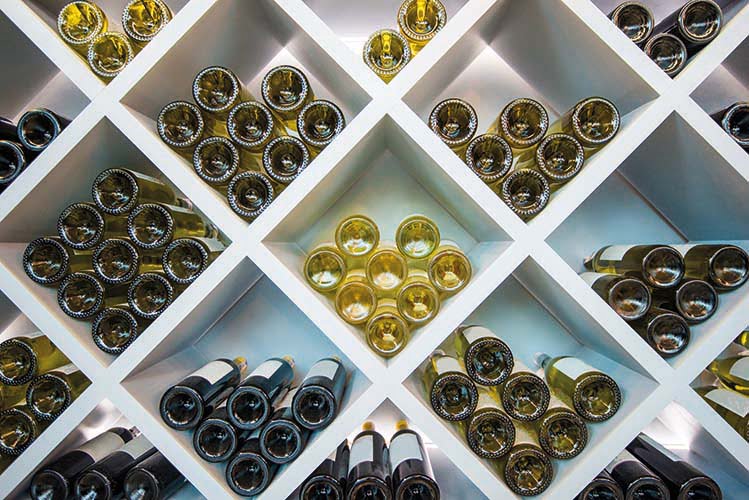 Stratvs reopens
Stratvs reopens
Bodega Stratvs was allowed to open its doors once again last month after four years of closure. But for how much longer will it remain open?
Bodega Stratvs opened in 2008, and rapidly became one of Lanzarote’s most important wine producers. Located in the heart of La Geria’s wine country, Stratvs was a bold statement – a tourist attraction and a producer whose wines rapidly began to accumulate important international awards for quality.
However, in 2013 the bodega was forcibly closed and sealed off by the Guardia Civil after a Las Palmas court stated that the premises could contain “reasonable indications of criminal activity.”
Ignacio Stampa, the prosecutor in what would become known as the Stratvs Case, accused the bodega’s owner, Juan Francisco Rosa, of demolishing a building that he had pledged to renovate; opening a restaurant without the proper licence; land theft; lack of sanitation, falsification of documents and breaking the laws relating to land use on Lanzarote.
That case has still to reach it’s conclusion, but last month Bodega Stratvs once again opened its doors after the court in Las Palmas ruled that closing the bodega for four years had been “excessive.” The court’s decision applies only to the opening of the premises, and it is up to the Ayuntamiento of Yaiza to decide whether business activities can recommence.
This will also be a politically sensitive decision considering that the Mayor of Yaiza, Gladys Acuña, is one of the dozen accused in the Stratvs Case, which started it’s final trial stage last month. The beginning of the trial may also have had a bearing on the decision to reopen the bodega, now that all evidence has been presented.
Nevertheless, the fate of the 40 workers who found themselves with no workplace to go to four years ago remains to be seen. Even if they do retake their positions, their future employment will depend on the outcome of the current trial.
Their hopes may depend on the controversial new Land Law, which could have the effect of legalising projects that were previously illegal. For many years now, politicians from the Coalición Canaria, the PIL and other parties have campaigned for laws that will legalise hotels, complexes and other projects that have been deemed illegal at the highest level.
What’s clear is that the debacle at Stratvs is not just a case of wealthy businessmen doing what they want or the notoriously lax planning laws in Spain. It also involves the complicity of politicians, and has been aggravated by the glacially slow justice process on the Canaries.
